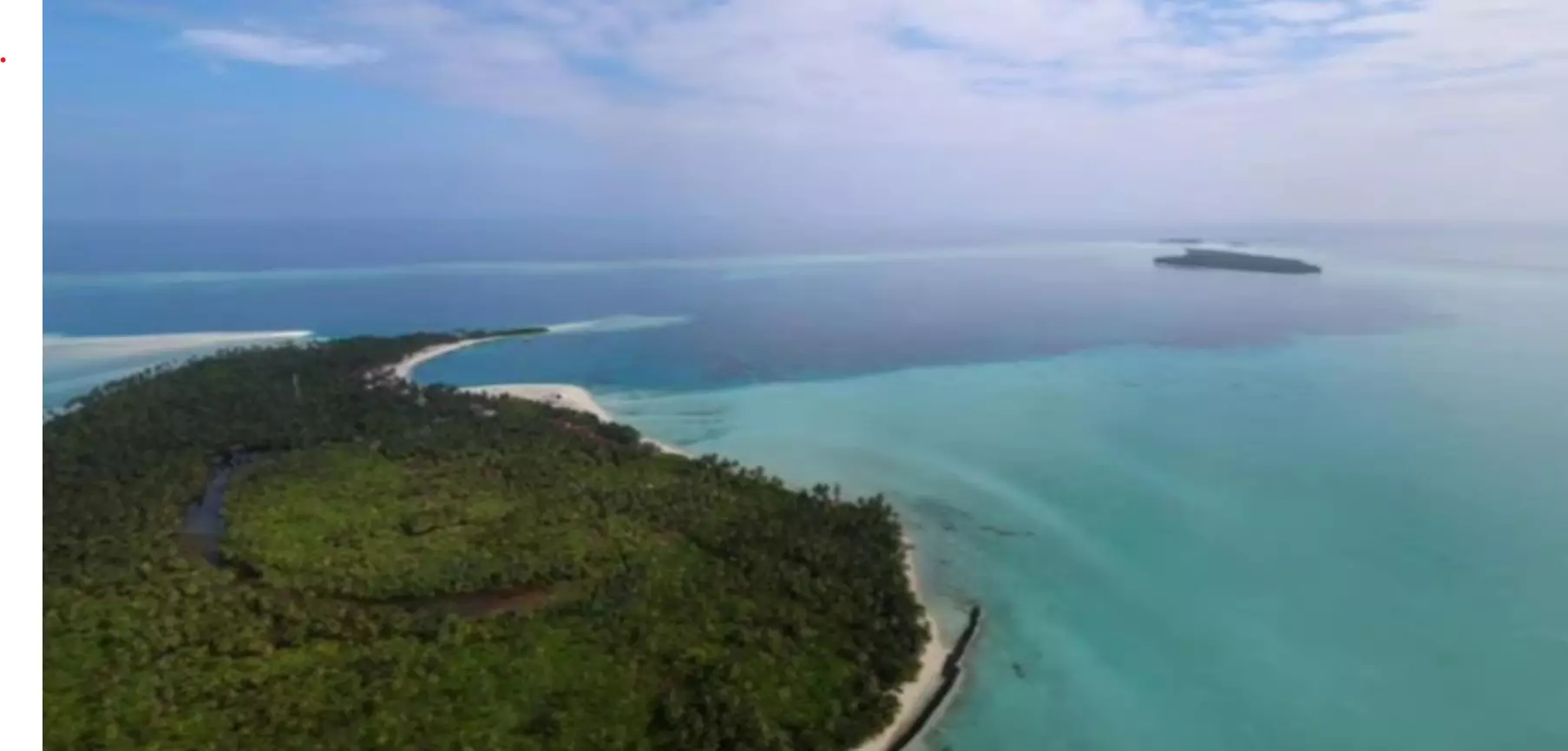Immature diplomacy?

In the realm of international diplomacy, the recent disparaging remarks made by several ministers of the Maldives against the Indian Prime Minister and the people of India have stirred a diplomatic tempest. Such antagonistic language, deemed blatant and immature, stands in stark contrast to the longstanding history of close ties between the two nations. While the prompt suspension of the three ministers by the Maldivian government is a commendable corrective measure, it is imperative to recognise that more needs to be done to mend the fraying fabric of relations between India and the Maldives. India and the Maldives have shared a range of ethnic, linguistic, cultural, religious, and commercial links that stretch back in time. These deep-rooted connections have fostered close, cordial, and multi-dimensional relations between the two nations. India's role in the recognition of the Maldives after its independence in 1965, the establishment of diplomatic relations, and the subsequent establishment of missions on both sides underscores the historical significance of their alliance. In the domain of defence, India and the Maldives have collaboratively undertaken multiple joint exercises, showcasing the strength of their strategic partnership. India has played a pivotal role in meeting a significant portion of the Maldivian National Defence Force's training requirements, solidifying their defence ties. Economically, India has been a key contributor to Maldives' growth. Indian companies, exemplified by AFCONS, have been involved in critical infrastructure projects, such as the Greater Male Connectivity Project. Bilateral trade has surged, with India becoming the third-largest trade partner of the Maldives, crossing the USD 500 million mark in 2022. Tourism, a cornerstone of the Maldivian economy, has seen India as a major contributor. Of the total 17,57,939 tourists arriving in the island nation till December 13, the largest number was from India (2,09,198), followed by Russia (2,09,146) and China (1,87,118). The recent social media exchange between Indian and Maldivian officials, however, threatens to disrupt this sector. Mocking remarks about Lakshadweep in response to the Indian Prime Minister's visit and subsequent calls for a 'boycott Maldives' trend in India could have severe repercussions on the tourism industry in Maldives. Former Maldivian sports minister Ahmed Maloof's acknowledgment of the potential economic impact and former President Ibrahim Mohamed Solih's condemnation of the hateful language underscore the gravity of the situation. The ripple effects could extend to other sectors if not addressed promptly. While the Maldivian government's distancing from the controversial remarks is a step in the right direction, it may not be sufficient. There are concerns that the remarks might be indicative of a broader anti-India stance, possibly influenced by a pro-China inclination of the newly elected Maldives government. It is essential to recognise the sovereign prerogative of nations to choose their international partners. However, such decisions must be guided by pragmatism and mutual self-respect rather than fuelled by rhetoric and immature exchanges. The age-old friendship between India and the Maldives should not be sacrificed on the altar of momentary political posturing. To rebuild and strengthen these relations, diplomatic channels need to be reactivated. High-level talks and engagements should be initiated to address the underlying issues and reaffirm the commitment to mutual cooperation. Both nations should prioritise dialogue over discord, recognising the shared history, cultural ties, and economic interdependence that have defined their relationship. Moreover, it is incumbent upon leaders and officials on both sides to exercise restraint and promote responsible communication in the public domain. Social media, in particular, should not be a platform for exchanging derogatory remarks that can harm the fabric of diplomatic ties. To sum up, the recent verbal frays between India and the Maldives serve as a wake-up call to preserve and nurture the diplomatic ties that have stood the test of time. The suspension of the ministers is a positive step, but sustained efforts are required to mend the strained relations and prevent further damage. India and the Maldives must rise above the recent provocations, reaffirm their commitment to mutual cooperation, and lay the foundation for a more resilient and enduring partnership.



